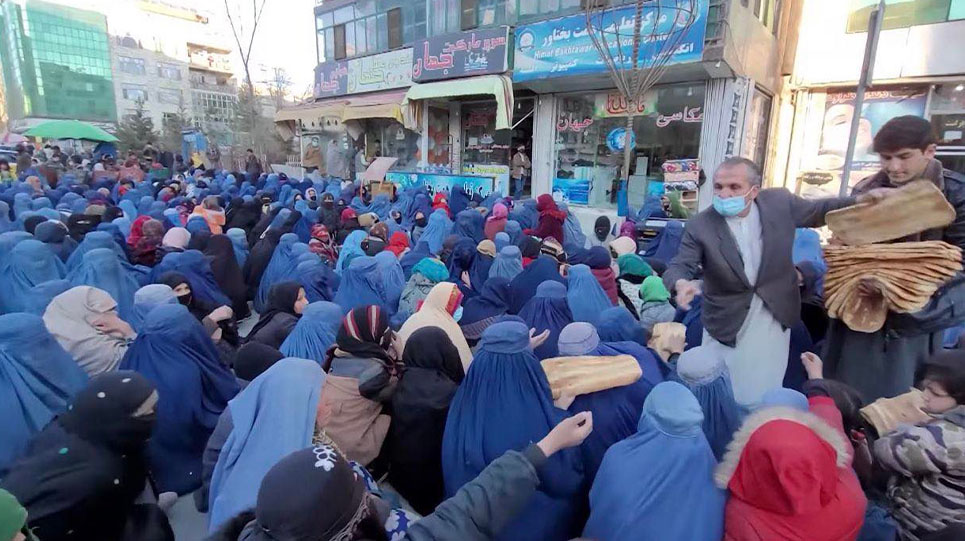
The World Bank has expressed serious concerns about the deteriorating state of Afghanistan's economy, with monetary poverty affecting half of the country's citizens. The findings were relayed by TOLO News Today, based on insights from a critical discussion held at the US Institute of Peace.
Senior economist at the World Bank, Silvia Redaelli, unveiled that monetary poverty has ensnared half of Afghanistan's population, while Naheed Sarabi from the Institute for Development and Economic Affairs underscored the deepening economic plight of Afghan women. Sarabi traced this rising feminization of poverty back to numerous factors, including restrictive policies imposed by the Taliban.
The economic downturn in Afghanistan has been linked by some analysts to international sanctions imposed on the country. They recommended that the Islamic Emirate enhance regional economic ties as a potential solution. In response to these challenges, the Ministry of Economy has announced ambitious projects aimed at stimulating job growth and strengthening the private sector.
These revelations follow earlier warnings by UN agencies about an impending economic crisis in Afghanistan. They emphasized a pressing need for humanitarian aid for approximately 30 million residents. This situation is further exacerbated by increasing financial hardship for women in rural areas, driven by fear-induced self-policing.
The World Bank economists' apprehensions about Afghanistan's sinking economy were voiced during a crucial discussion at the US Institute of Peace. The dialogue highlighted the unrelenting monetary poverty and increasing financial hardship faced by Afghan citizens, particularly women in rural areas.
This article was generated with the support of AI and reviewed by an editor. For more information see our T&C.



